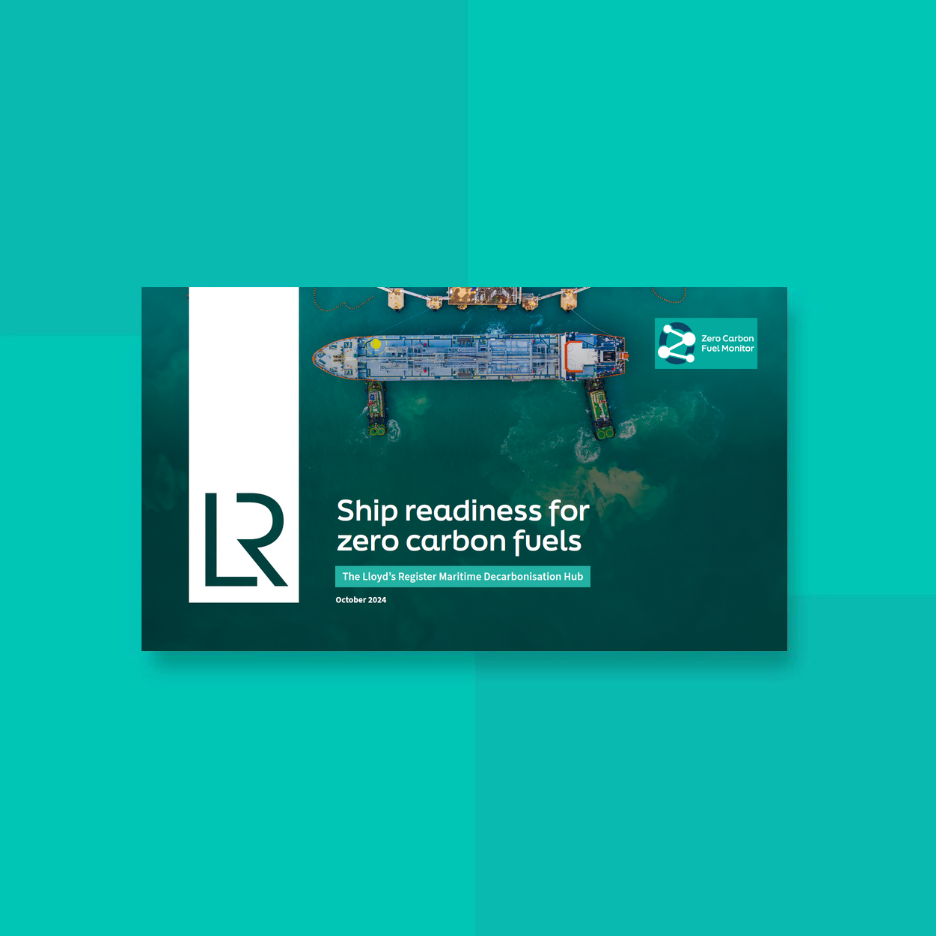Navigating the Maritime Transition: Advancements in Zero Carbon Fuels Onboard Vessels
Key Ideas
- Technological advances in handling and storing alternative fuels are facilitating the maritime industry's shift towards zero carbon fuels.
- Increased technology readiness levels for ammonia, biofuels, hydrogen, methane, and methanol are observed in the existing fleet and orderbook.
- Commercial trials are on the rise, enhancing investment readiness and community awareness to meet IMO's 2030 target for low-to-zero carbon fuel usage.
- Challenges persist in safety protocols, crew training, and investment uncertainties related to fuel availability, port infrastructure, and regulations.
The Lloyd’s Register Maritime Decarbonisation Hub’s Zero Carbon Fuel Monitor (ZCFM) report highlights the progress and challenges in the adoption of zero (or near-zero) carbon fuels in the maritime industry. Technology readiness levels for ammonia, biofuels, hydrogen, methane, and methanol have significantly improved, with vessels in the existing fleet and orderbook showing capabilities for these fuels. The report identifies vessels ready to use ammonia, methanol, and hydrogen, and notes the increasing trend of commercial trials and applications in the sector. However, areas requiring further development include safety protocols, crew training, and investment uncertainties like fuel availability and regulatory frameworks. Amelia Hipwell from the LR Maritime Decarbonisation Hub emphasizes the importance of ongoing advancements in fuel handling and storage for the industry's sustainable transformation. Despite challenges, the maritime sector is progressing towards wider adoption of zero-carbon fuels, with a commitment from Lloyd’s Register to support this transition.
Topics
Maritime
Alternative Fuels
Maritime Industry
Safety Protocols
Regulatory Frameworks
Technology Readiness
Investment Readiness
Latest News
